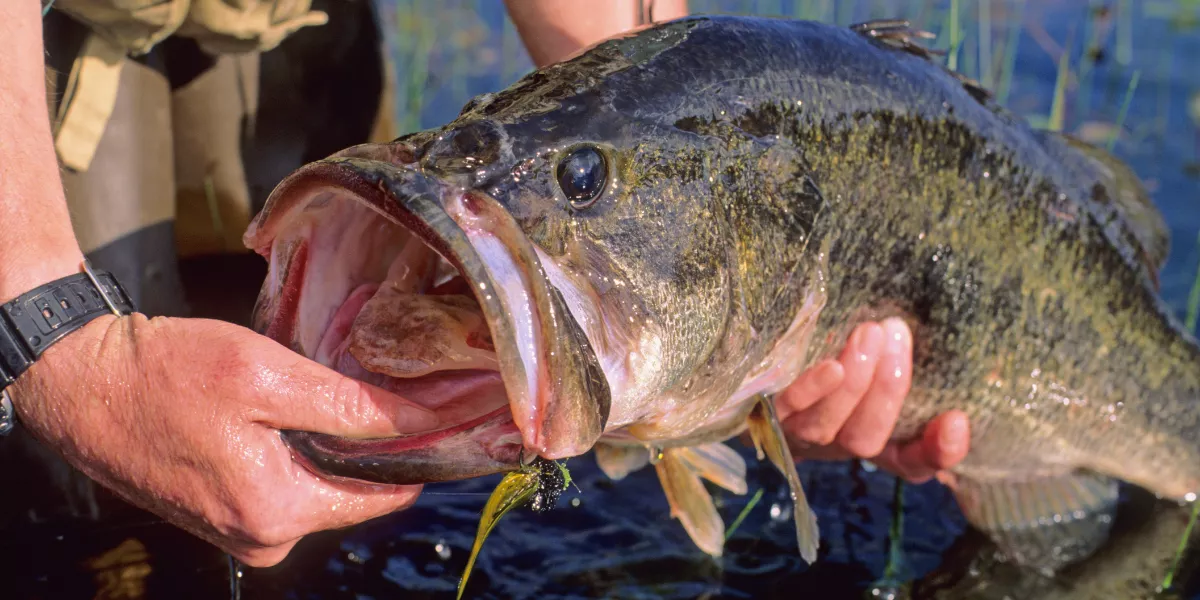
To identify and treat common diseases in freshwater fish, keep an eye out for signs like white spots (Ich), fin rot, dropsy, velvet disease, or swim bladder disorder. Look for behavior changes, loss of appetite, color variations, lesions, or odd growths. Treat based on symptoms with antimicrobial meds for bacteria, anti-parasitic for parasites, antifungal for fungi, or adjust water conditions as needed. Prevent outbreaks by quarantining new fish, monitoring water quality, cleaning regularly, feeding right, and not adding wild-caught fish abruptly. Proper care starts with recognizing and addressing fish illnesses promptly.
Common Freshwater Fish Diseases
When caring for freshwater fish, it's crucial to be aware of common diseases that can affect them. One prevalent disease is Ich, also known as white spot disease, caused by a parasite that manifests as white spots on the fish's body and fins.
Another common issue is fin rot, often caused by poor water quality or aggressive tank mates, leading to the deterioration of the fish's fins.
Dropsy is a severe condition resulting from organ failure, characterized by bloating and raised scales.
Velvet disease is caused by a parasite and appears as a golden dust on the fish's skin.
Swim bladder disorder affects a fish's buoyancy control, causing them to float uncontrollably or sink to the bottom.
Columnaris, a bacterial infection, presents as white lesions on the fish's body.
Recognizing Signs and Symptoms
To identify diseases in your freshwater fish, pay close attention to any changes in their behavior or physical appearance. Look out for signs such as lethargy, loss of appetite, abnormal swimming patterns, changes in coloration, lesions, or unusual growths. Behavioral changes like increased aggression or hiding can also indicate underlying health issues. Keep an eye on your fish daily to catch any potential problems early.
Additionally, observe how your fish interact with each other. Aggression or unusual social dynamics can suggest stress or illness within the tank. Monitor the water parameters regularly to ensure they're within the appropriate range for your fish species. Any sudden fluctuations could stress the fish and make them more susceptible to diseases.
Effective Treatment Methods
Pay close attention to the specific symptoms your freshwater fish are exhibiting as this will guide you in selecting the most effective treatment methods. Once you have identified the disease affecting your fish, you can choose the appropriate treatment.
For common bacterial infections like fin rot or columnaris, antimicrobial treatments such as antibiotics can be effective. These medications are often available in both oral and topical forms for easy administration.
Parasitic infections like ich can be treated with anti-parasitic medications that are specifically formulated to target parasites while being safe for your fish. Fungal infections, on the other hand, can be treated with antifungal medications that help eliminate the fungus causing the disease.
Additionally, salt baths or increasing the water temperature slightly can often help in treating various diseases. Always follow the instructions on the medication packaging or seek advice from a veterinarian specializing in fish health to ensure the treatment is administered correctly and effectively.
Preventing Disease Outbreaks
Using proper quarantine procedures is crucial in preventing disease outbreaks among your freshwater fish. When introducing new fish to your aquarium, always quarantine them separately for at least two weeks before adding them to the main tank. This helps to identify any potential diseases the new fish may be carrying without risking the health of your existing fish population.
Regularly monitoring water quality is another key aspect of disease prevention. Ensure that the water parameters such as pH, ammonia, nitrites, and nitrates are within the appropriate range for your fish species. Clean the tank regularly, removing any uneaten food, decaying plants, or debris that could contribute to poor water quality and stress among your fish.
Maintaining a well-balanced diet and avoiding overfeeding also play a significant role in preventing diseases. Proper nutrition boosts the immune system of your fish, making them less susceptible to infections. Additionally, avoid introducing wild-caught fish directly into your aquarium, as they may carry parasites or diseases that can endanger your existing fish population. By following these preventive measures, you can help ensure a healthy and thriving environment for your freshwater fish.
Conclusion
Now that you know how to identify and treat common diseases in freshwater fish, you can keep your aquatic friends healthy and happy.
By recognizing the signs and symptoms early on, utilizing effective treatment methods, and taking preventative measures, you can prevent disease outbreaks and ensure the well-being of your fish.
Stay vigilant and proactive in caring for your freshwater fish to enjoy a thriving and vibrant aquarium environment.




